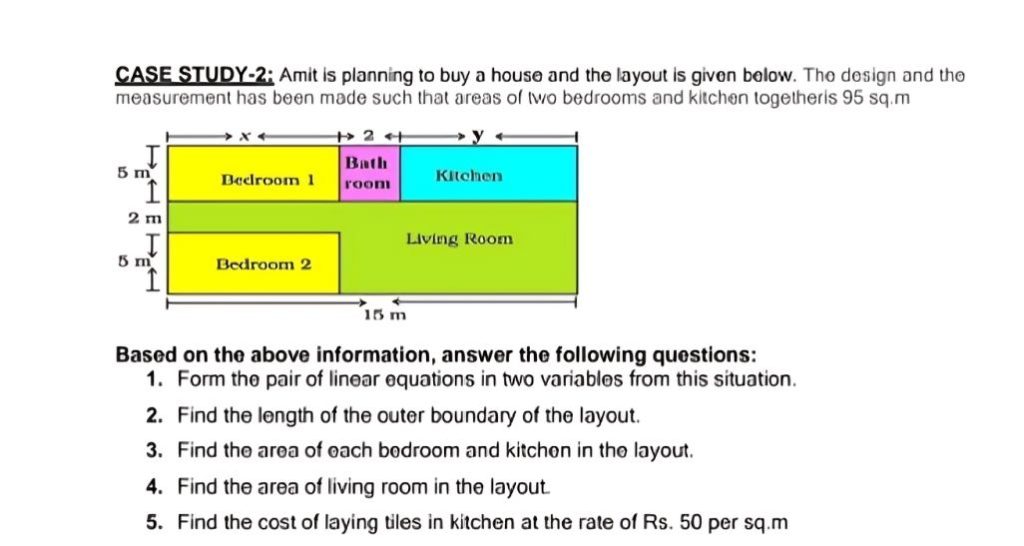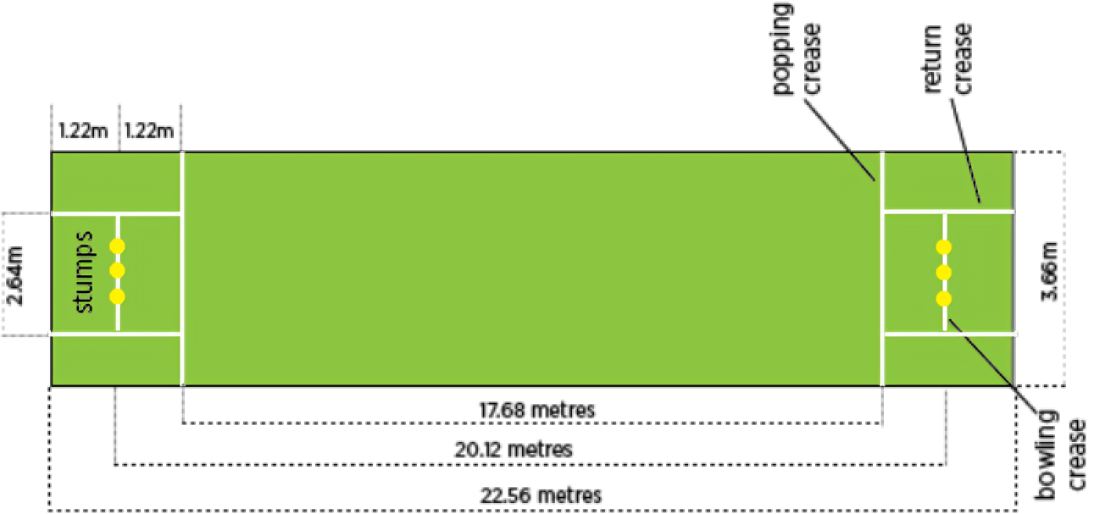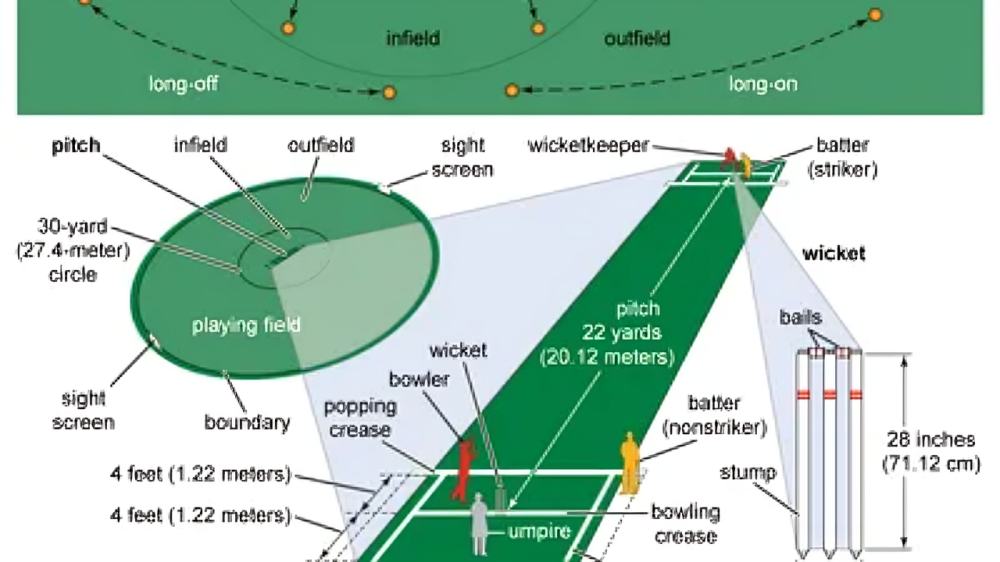To find the length of the outer boundary of a layout, calculate its perimeter based on its shape. For rectangles and squares, sum the lengths of all sides. For circular layouts, use the formula 2 × π × radius. Irregular shapes require adding the lengths of all edges. Precise dimensions are crucial for accuracy.
Table of Contents
To calculate the length of the outer boundary of a layout, you need to determine its perimeter. The process depends on the shape of the layout:

For a Rectangle:
- Perimeter = 2 × (Length + Width)
- Example: If the layout is 50 meters long and 30 meters wide,
- Perimeter = 2 × (50 + 30) = 160 meters.
For a Square:
- Perimeter = 4 × Side Length
- Example: For a square layout of 20 meters side,
- Perimeter = 4 × 20 = 80 meters.
For a Circular Layout:
- Perimeter (Circumference) = 2 × π × Radius
- Example: If the radius is 10 meters,
- Perimeter = 2 × 3.1416 × 10 ≈ 62.8 meters.
Irregular Shapes:
- Add the lengths of all sides to find the total perimeter.

To find the length of the outer boundary of a layout, you need to:
1. Identify the Shape
2. Apply Geometric Formulas
3. Measurements
- Circular Layout: Use the formula for circumference:
Circumference = 2πr - Rectangular Layout: Use the perimeter formula:
Perimeter = 2 × ( Length + Width ) - Irregular Shape: Measure the length of each side and sum them up.

Example:
- If the layout is a rectangle with a length of 100 meters and a width of 50 meters:
Perimeter=2×(100+50)=300 meters. - For a circular layout with a radius of 30 meters:
Circumference=2π×30=188.4 meters.
Would you like assistance with a specific layout? If you can provide the dimensions or shape, I can help calculate the outer boundary length.
Conclusion
Determining the length of the outer boundary of a layout depends on its shape and dimensions. For regular shapes like rectangles or circles, straightforward formulas (perimeter or circumference) are used. For irregular shapes, summing up the lengths of all sides provides the total boundary. Accurate measurement and geometric understanding are key for precise calculations.













